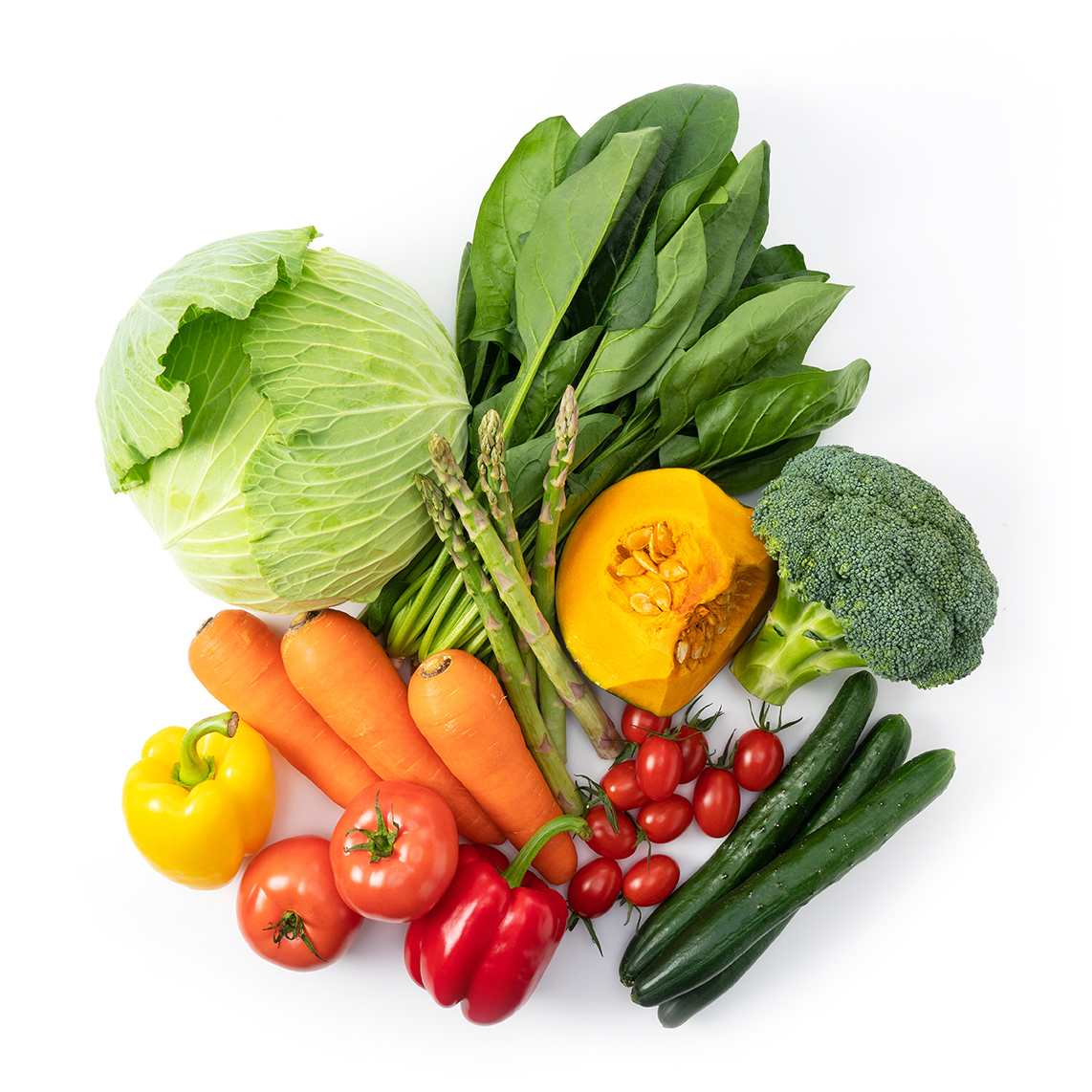Specialty Grains and Ingredients
Grains
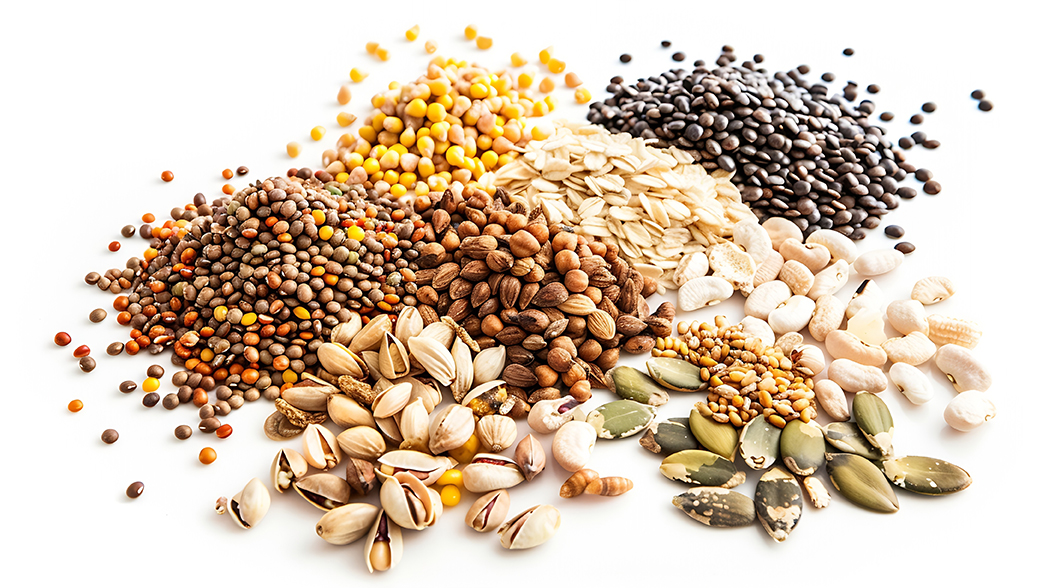
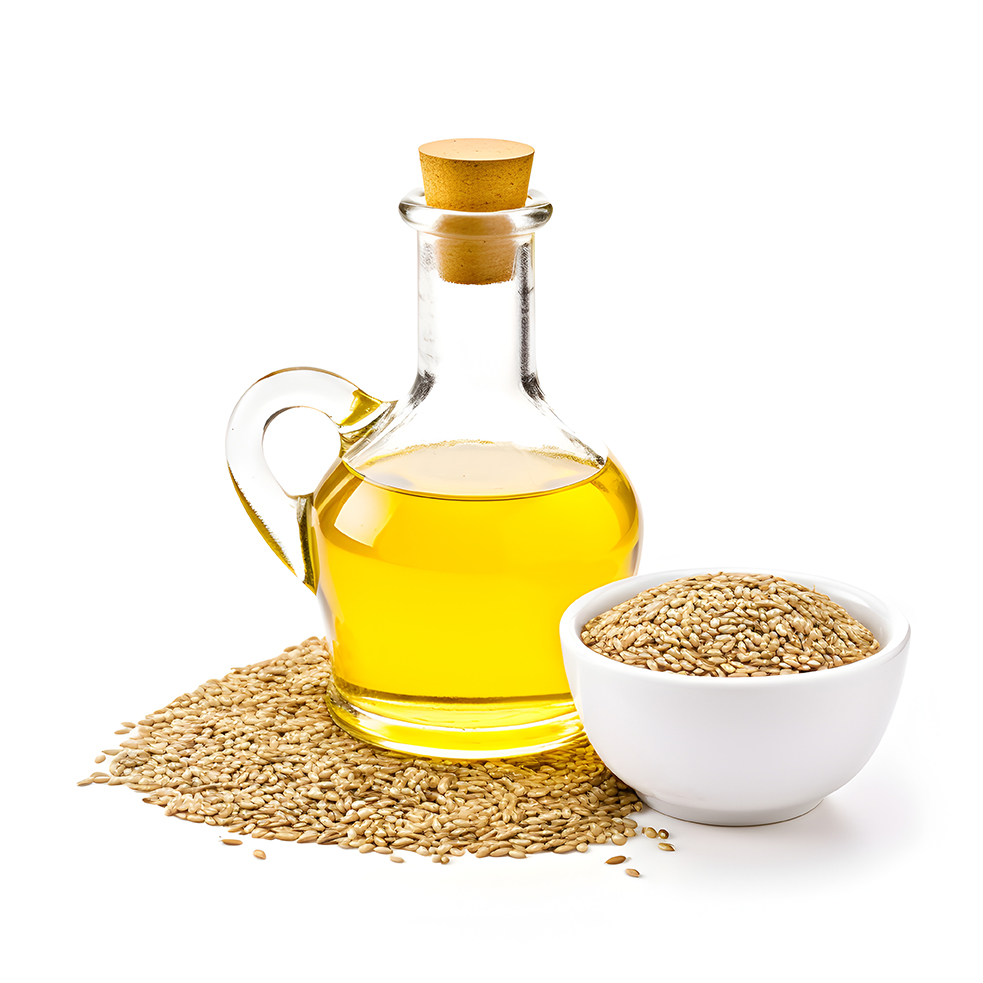
Oil Seeds
Oil seeds are seeds that are primarily grown for the extraction of oil, which is used for cooking, industrial purposes, and biofuels. Common examples include soybean, sunflower, canola, sesame, and flax seeds. They are also valued for their high nutritional content, including healthy fats, proteins, and essential nutrients.
Citrus
Citrus refers to a group of fruits that includes oranges, lemons, limes, and grapefruits. Known for their bright, tangy flavor, citrus fruits are rich in vitamin C and are commonly used in juices, cooking, and as fresh snacks. Their vibrant, juicy flesh and zesty peel make them a popular choice for adding flavor to dishes and beverages.
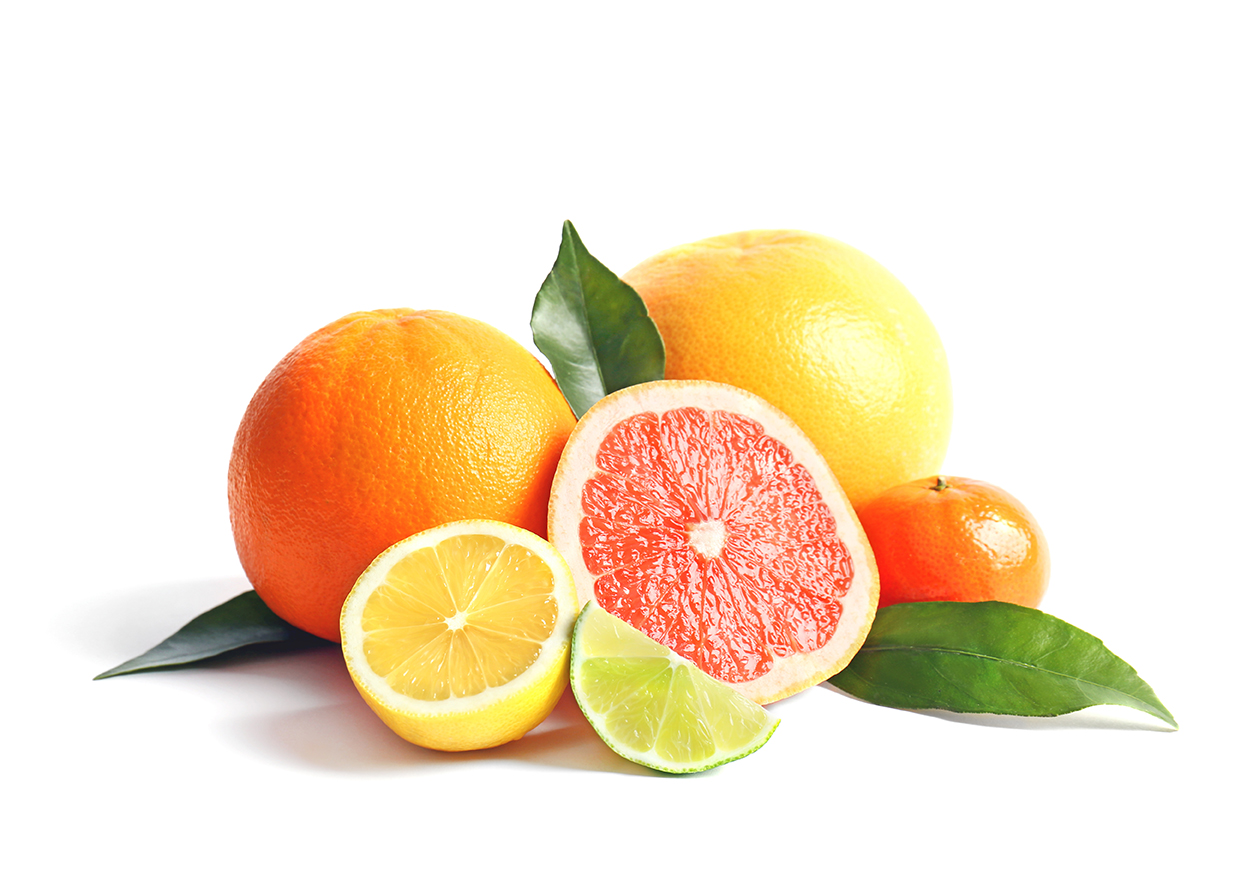
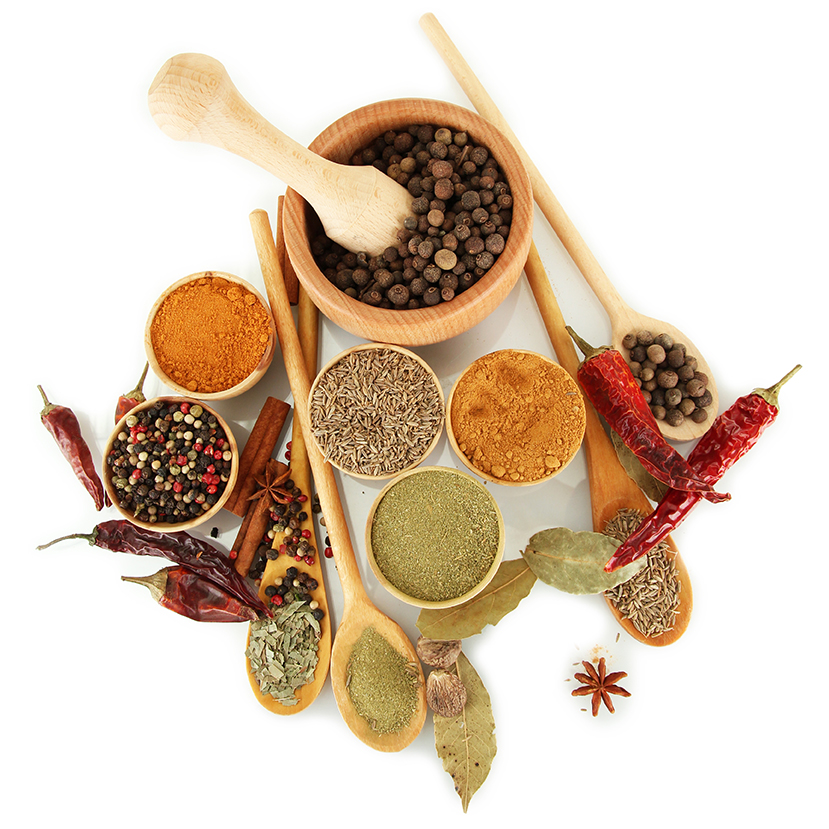
Spices
Dried Fruit
Dried fruit is fresh fruit that has been dried to remove most of its water content, resulting in a concentrated, naturally sweet snack. It retains most of the fruit’s nutrients and can be enjoyed as a convenient, shelf-stable alternative to fresh fruit. Common dried fruits include raisins, apricots, figs, and apples.
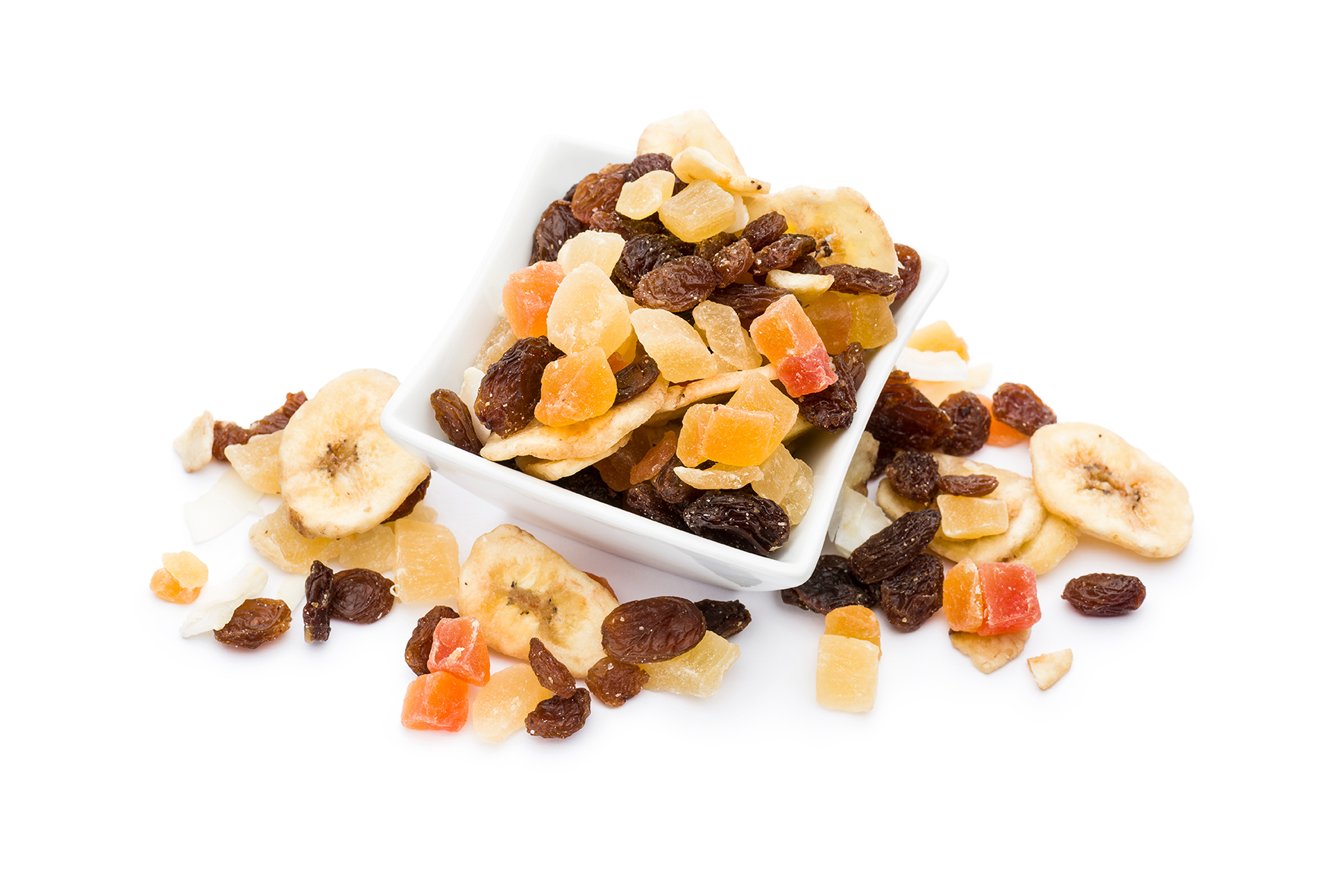

Purees
Vegetables
